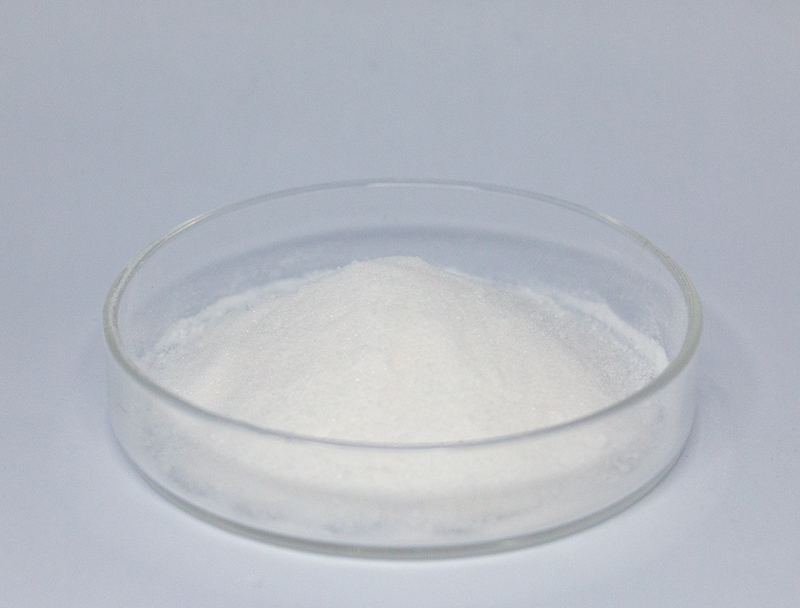
Advanced biosystems are built around a substantial range of primary inputs to manufacture advanced biological products.
Guaranteeing environmentally mindful sourcing is vital for future-proofing and moral progress in biomanufacturing.
diverse obstacles inherent in legacy sourcing approaches like ecosystem disruption and unsustainable harvesting. Accordingly, manufacturers should embrace green sourcing tactics to shrink their ecological impacts.
- Situations demonstrating ethical sourcing encompass:
- Integrating compostable agricultural waste into supply chains
- Applying zero-waste frameworks to limit waste and optimize resource use
- Forging alliances with neighborhood suppliers supporting green sourcing
Adopting sustainable feedstock strategies yields environmental wins alongside fiscal sustainability.
Enhancing Biomass Composition for Superior Biofuel Results
Advancing fuel production depends on feedstock consistency and composition. Analysts tirelessly probe advances to elevate feedstock conversion, resulting in superior production volumes and sustainable energy gains. This involves genetic modifications to increase biomass production, as well as pretreatment techniques that break down complex plant materials into more readily fermentable sugars.
- Moreover, investigations target novel feedstocks like microalgae, municipal residues, and field residues to widen the pool of renewable biomass for biofuel use.
- Thanks to continuous exploration the sector is prepared to realize considerable strides toward an eco-friendlier energy mix.

Upstream Process Improvements for Modern Biopharma Production
covers the early phases of biopharma production including culturing and biological harvesting Current advancements have streamlined operations and improved bioproduct yields.
Significant developments incorporate advanced biological platforms, tailored medium blends, and precision reactor engineering. These developments raise yield and cut costs as well as diminish environmental consequences.
- Also, evolving practices favor continuous flow processing which supports more agile upstream control.
- Embracing sophisticated manufacturing strategies is poised to change industry norms and shorten development cycles.

Gene Editing Breakthroughs That Elevate Biopharma Output
refinements in gene-targeting technologies have advanced protein production workflows. Through controlled genetic modifications, practitioners increase therapeutic protein production. The technique provides opportunities to manufacture economical, high-yield therapeutics for varied indications.
Biodegradation Strategies Using Targeted Microbial Cultures
advanced microbe-driven remediation methods to treat contaminated sites sustainably. Selected microbial cultures can remediate contaminants through biodegradation pathways.. Harnessing microbe-based degradation fosters cleanup tactics that minimize environmental disruption and residual waste.. Study groups probe microbial metabolic diversity to tackle metals, persistent pesticides, and hydrocarbon spills.. These microbes operate in engineered systems or direct environmental applications to metabolize and remove contaminants.
Microbial remediation approaches present key benefits relative to classic remediation methods. Microbe-driven cleanup typically costs less and generates fewer dangerous byproducts. Furthermore, microbial solutions are highly specific, allowing for the remediation of particular pollutants without disrupting the broader ecosystem. The field of microbial biotechnology continues to advance rapidly, with ongoing research focused on improving the efficiency and effectiveness of bioremediation strategies.
Data-Driven Approaches for Therapeutic Development
Bioinformatic tools play an increasingly crucial role in the modern landscape of drug discovery and development. By leveraging complex datasets, bioinformatics expedites discovery and optimizes candidate safety and potency.
- Via examination of genomic, proteomic, and clinical datasets, researchers pinpoint targets and project drug activity.
- Also, in silico modeling of molecular interactions accelerates optimization toward more selective therapeutics.
- In the end, informatics-driven methods streamline development and accelerate delivery of therapeutic solutions to patients.
Metabolic Design Approaches to Boost Bioproduct Yields
utilizes multiple approaches to enhance production of desirable bioproducts in cells. Tactics can encompass genetic engineering to reconfigure metabolism, promoter modulation to adjust expression, and pathway insertion to enable new reactions.. With precise metabolic tuning scientists can greatly enhance yields of desired compounds.
This broad strategy is positioned to innovate trans-Cinnamic acid sectors including pharmaceuticals, crop science, and bioenergy.

Scale-Up Challenges and Prospects for Biopharmaceuticals
Transitioning to higher volumes entails serious complications and potential rewards. Maintaining consistent product attributes with scale-up remains a central difficulty. Meeting the need calls for dependable control systems, granular monitoring, and cutting-edge analytical methods.

Complexity in multi-step biomanufacturing operations presents ongoing operational challenges.. Reengineering workflows for mass production involves rigorous R&D and inventive technology deployment.. Even so, the payoff can be large. Successful industrialization can broaden availability, trim costs, and raise profitability.
Multiple programs focus on resolving scale-up difficulties. Plans feature next-gen optimization hardware, sophisticated real-time analytics, and forward-looking production strategies.
- Product development and process R&D are pivotal to boosting production capabilities.
- Regulators are adapting frameworks to speed authorization of novel manufacturing approaches and spur innovation.
Aligning Biomanufacturing with Regulatory Standards for Patient Safety
Developing biologic treatments requires exacting oversight to ensure consistent safety and efficacy. Biologically based treatments require tailored oversight and production controls beyond those for typical medicines.
Bodies like FDA and EMA shape the regulatory landscape and set benchmarks for evaluating innovative therapies..
Robust assay and safety testing are obligatory from discovery through post-marketing surveillance.. The protocols serve to uncover safety concerns and certify that products fulfill rigorous protection standards..
Similarly, regulators iteratively adjust approaches to accommodate emerging biopharmaceutical breakthroughs.. Actions include accepting new technologies and streamlining development channels while safeguarding patient health.

Plant-Derived Feedstocks as a Route to Sustainable Bioplastics
The trend toward sustainability stimulates development of renewable material technologies. Bioplastics derived from plant biomass provide a viable route to more sustainable plastic alternatives. Plant inputs like corn-derived starch, cellulose derivatives, and sugarcane can be turned into degradable plastics that lessen environmental burdens.
Additionally, many plant-based bioplastics show performance characteristics similar to conventional plastics for numerous uses.. Further innovation is required to mature plant-based bioplastics for broad adoption and circular economic models.
Emerging Biotech Solutions for Health and Food Security
Emerging biotechnologies deliver avenues to improve health outcomes and secure food resources. Through CRISPR, synthetic circuit design, and cell therapy progress, developers generate methods to counter infectious agents, optimize crops, and elevate nutritional profiles.. For instance, genetically modified crops can be engineered to resist pests and environmental stresses, leading to increased agricultural production and reduced reliance on harmful pesticides.. Also, biotechnological innovation fuels development of immunizations, antimicrobial treatments, and diagnostic platforms vital for disease control and population health.. As the field evolves, biotechnology is expected to play a pivotal role in shaping a healthier and environmentally sustainable future for all.
 NMN
NMN